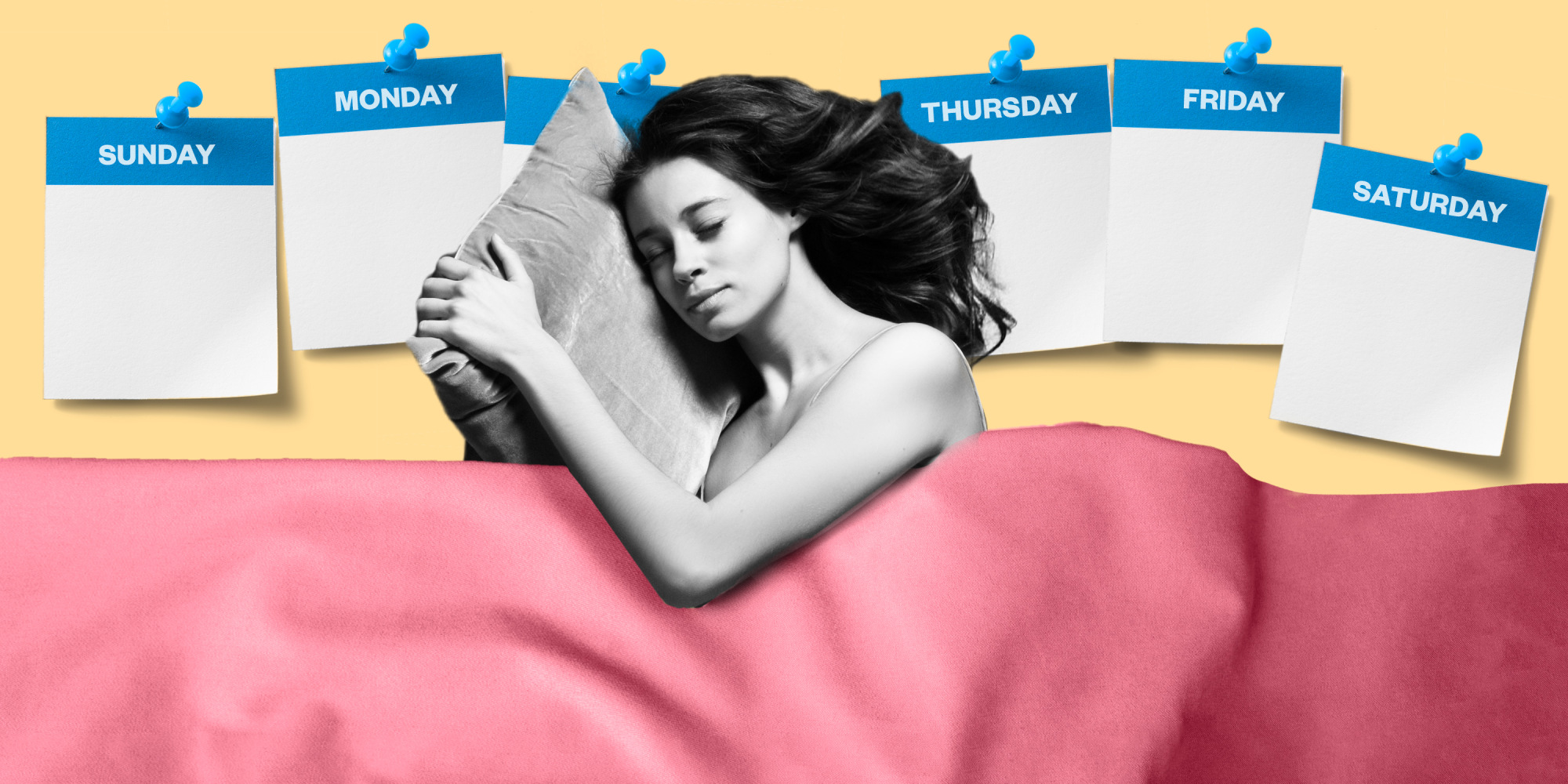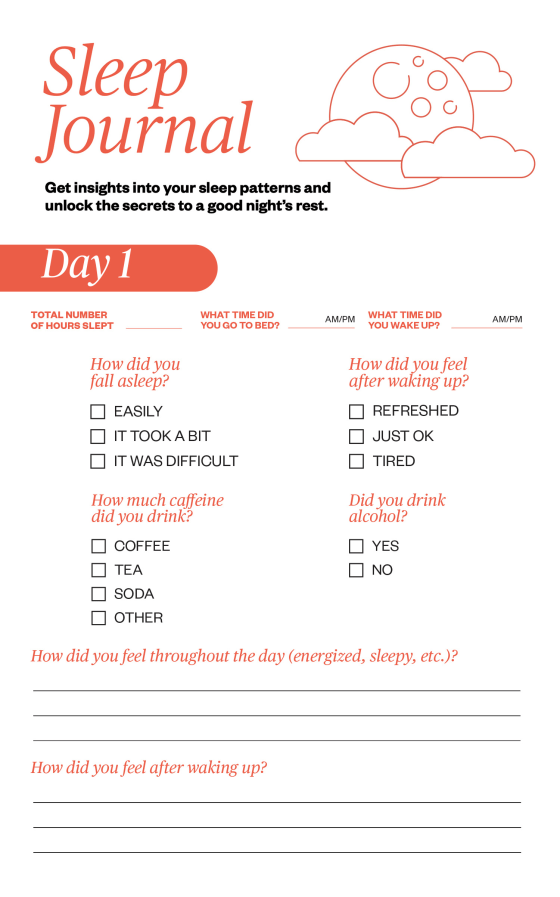So, what is the best way to get some shut-eye? Before you reach for a cure in the drugstore aisle, Rebecca Robbins, Ph.D., a sleep scientist at Brigham and Women’s Hospital in Boston, told TODAY the best sleep aid is "natural sleep, which comes with practicing healthy sleep strategies." Some of these habits include:
- Keeping a consistent bedtime schedule.
- Practicing relaxing bedtime rituals before bed.
- Making time for exercise.
- Managing stress over the day.
Think of all of this as sleep training — but for adults.
Robbins said many of us are falling short of adequate sleep, which is between seven and nine hours for adults, and as many as 30% of us struggle with insomnia symptoms each night.

Habits for better sleep
Like eating well or moving more, a good night's sleep is crucial to good health. Sleep affects everything from how we learn to our mood to immune system, so it's definitely worth moving sleep up a notch on your to-do list.
Unless you have a medical condition that's preventing you from getting in those zzz's, a lot of common sleep issues can be tackled by building better sleep habits.
This seven-day sleep plan will help you unlock the secrets to better sleep by giving you the tools to understand your individual sleep patterns. Over the next week, you'll start to uncover what's keeping you up at night — and make the transition from bleary-eyed and tired to well-rested and ready to take on the new day. We'll even give you an expert-backed plan to help you deal with that pesky time change.
Day 1: Download your sleep diary
This journey is all about mindfulness. Every morning for the next seven days, you'll ask yourself these three questions: When did I go to sleep? How did I sleep? And how did I feel when I woke up? Jot the answers down in this handy downloadable and printable sleep diary PDF and you'll get insights into what's keeping you up at night (and the knowledge you need to fix it).

Day 2: Get off screens before bedtime
The light from your TV or phone make it harder to unwind and fall asleep. Your challenge for today is to shut down your devices or whatever else is keeping you up (looking at you, pandemic) at least one hour before bedtime to give your brain (and body) the best chance for some quality sleep. If you're still scrolling through work emails, Robbins had this advice: "Anything that can wait, write down exactly what it is on a notepad, no matter how large or small. ... The act of writing down these tasks — or really anything on your mind — can help take off the pressure and help you slip into sleep."
Day 3: Watch your caffeine and alcohol intake
Do you enjoy an afternoon iced coffee or a glass of wine with dinner? Some people can tolerate both without it affecting their sleep much. But if you find yourself struggling to stay awake during the day, it's worth tracking what you drink in your sleep diary this week. Avoid caffeinated beverages, like tea, coffee and energy drinks, a few hours before bedtime — and go easy on alcohol, which has a relaxing effect, but may cause you to wake up in the middle of the night.
Day 4: Optimize your mornings to sleep better at night
To sleep better, you need to set your internal body clock — which might be just a bit wonky with the onset of daylight saving time. One way to do it? Getting outside in the natural light within the first hour of waking can be key to getting your sleep schedule on track.
Day 5: Swap out your night-time snack or glass of wine with a cup of tea
Something as simple as a warm cup of herbal tea can set the mood for better sleep. "These habits send signals to our brains that it is time to start to power down, and that soon, sleep will come. Also, a warm cup of tea can help you ease hunger for sugary things or sweets after dinner which would not be recommended for your sleep," Robbins said. Not a fan of herbal tea? Swap it with one of these relaxing habits instead.
Day 6: Sweat for better sleep
Has exercise taken a backseat during the pandemic? Hitting the pavement during the day can make hitting the sheets later on a whole lot easier. A study found people who got 150 minutes of moderate to intense exercise every week slept better. Make sure to get outside for a walk — or any exercise you enjoy — today and every day.
Day 7: Review your results
By the end of the plan, you'll have a week's worth of data to review in your sleep diary. You'll want to look for patterns over the course of the week to see what pops up. For example, do you sleep less on weekdays when you down that double espresso to combat the afternoon slump? Or maybe sleeping in on weekends wreaks havoc on Monday morning? Taking stock of these changes can help you get to the bottom of what's keeping you up at night.
Happy snoozing!
https://www.today.com/health/need-more-zzz-s-try-7-day-sleep-plan-t211148
No comments:
Post a Comment